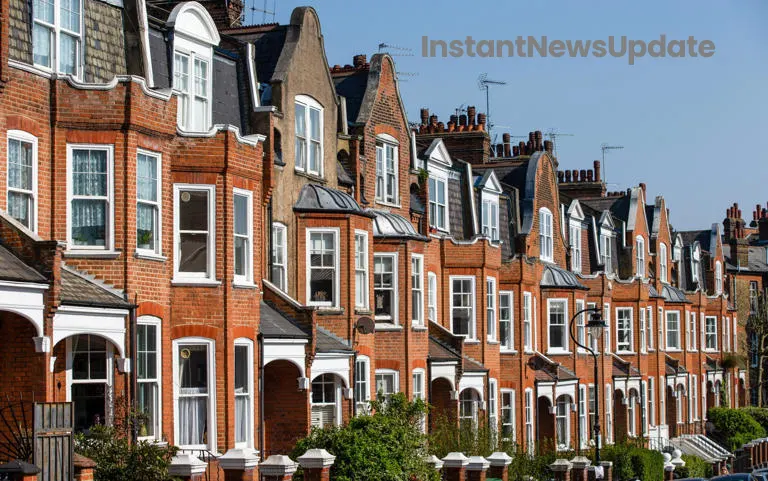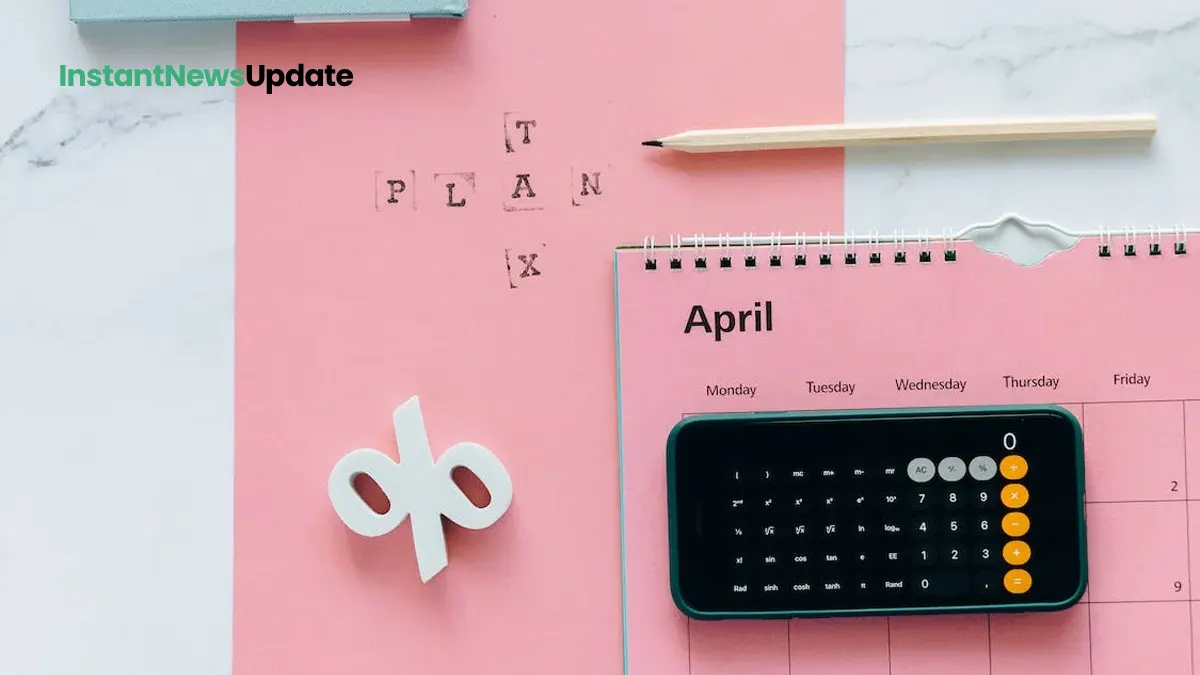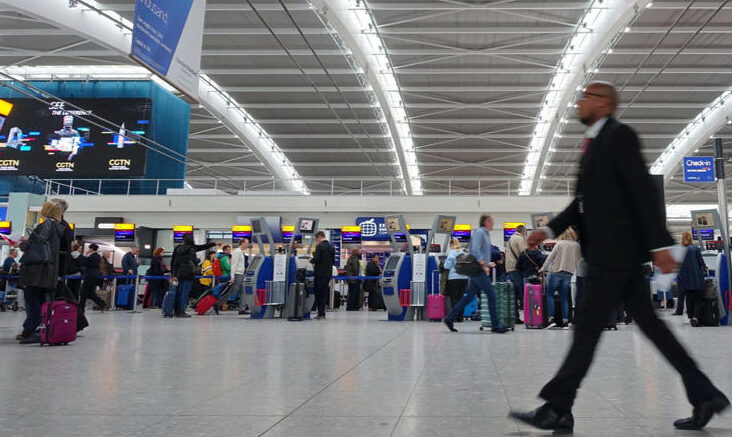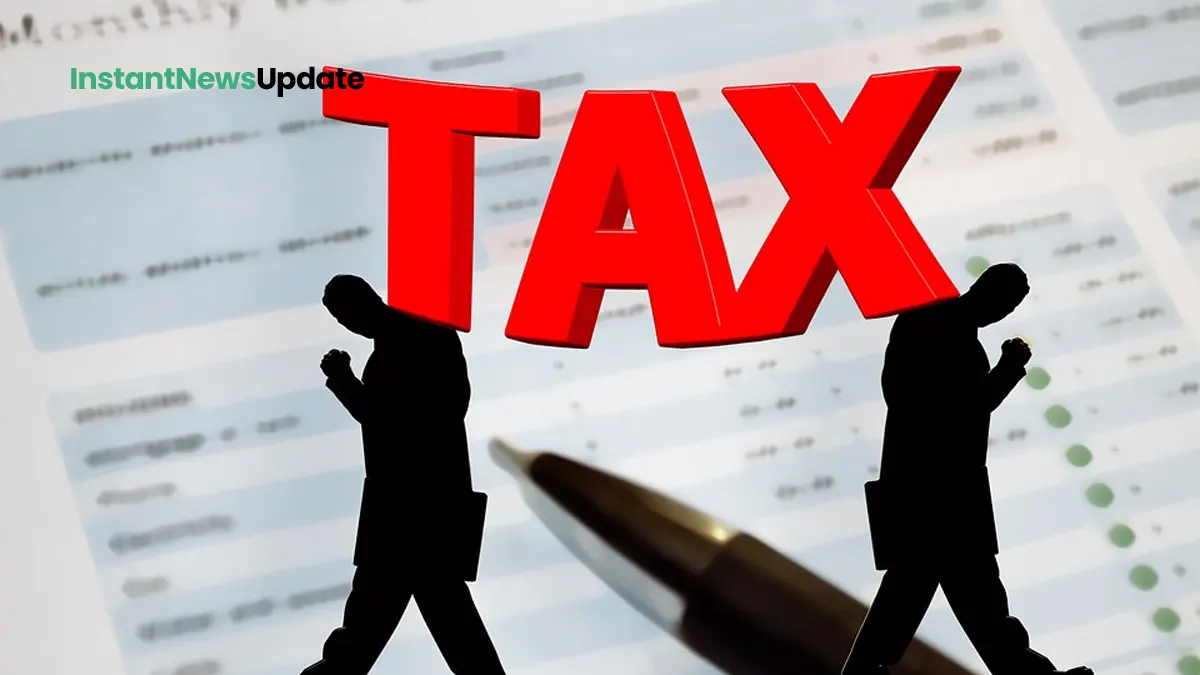Analysis reveals that buying a home has become costlier than renting for the first time in over a decade, impacting first-time homebuyers’ budgets.
Rising Costs for First-Time Buyers
In a noteworthy development, prospective homeowners are facing a financial twist as buying a home proves to be more expensive than renting, marking the first such occurrence in 13 years. Research demonstrates that first-time buyers now bear an additional cost of £122 monthly when opting for a mortgage instead of renting an equivalent property. This translates to an annual burden of £1,500.
Reversing Trends
Surprisingly, this financial adjustment comes amidst a backdrop of escalating rents. This is the first instance since 2010 when renting has proven to be more economical than the monthly mortgage payments for first-time buyers. Just two years ago, those entering the housing market could have saved £245 per month by purchasing a property rather than renting it, as evidenced by data compiled by property website Zoopla.
Factors at Play
While the average monthly rent currently stands at £1,163, the surge in mortgage rates has reshaped the equation. Specifically, for a first-time buyer securing a five-year fixed mortgage with a 15% deposit, the monthly cost of purchasing a property now stands at £1,285—a notable 10% increase.
Regional Variances
London, where property prices are highest, registers a striking disparity. First-time buyers in the capital now find themselves paying an additional £493 per month on a mortgage compared to renting the same property—an astonishing 24% premium.
Implications for the Housing Market
Experts predict that this shift in affordability could trigger increased demand for rental homes, consequently propelling rent prices even further. This phenomenon occurs amidst a backdrop of declining advertised house prices, stemming from the most substantial reduction seen in five years, further dampening the housing market.
Changing Dynamics
With advertised house prices falling by 1.9% (£7,012) this month, the average asking price for newly marketed properties has reached £364,895. Sellers are recalibrating their pricing strategies to attract potential buyers, who face the challenge of high mortgage rates and mounting living costs.
Future Prospects
As the number of sales agreed sees a 15% decline from 2019 levels, with a 10% drop specifically for first-time buyers, the housing market’s future is cast under an uncertain light. This reduction in first-time buyer demand is anticipated to contribute to further declines in house prices.
Regional Approaches
Rupert Simmonds, Regional Director at estate agency John D Wood & Co, suggests that potential buyers are weighing the advantages of property ownership against the financial obligations tied to higher mortgage payments and property upkeep. This has led some to consider more affordable neighborhoods or innovative financing options to ease the financial strain.
A Shifting Landscape
The trend is evident in the South East as well, where first-time buyer mortgage payments surpass local rents by 17%, amounting to an additional £2,580 annually.
Closing Thoughts
As the housing market undergoes a transformation driven by shifting affordability dynamics, first-time buyers are taking a pause to explore rental options. The North-South divide is stark, with renting prevailing as the more economical option in the South and Midlands, while in Scotland, Wales, the Northern regions, and Northern Ireland, buying remains a more affordable choice.









